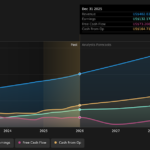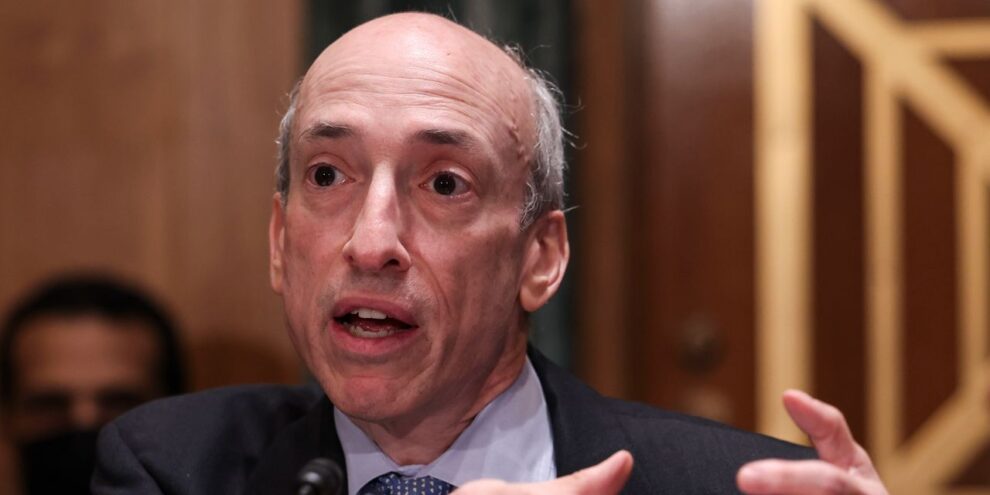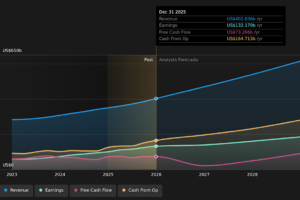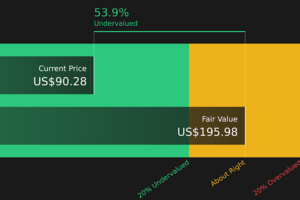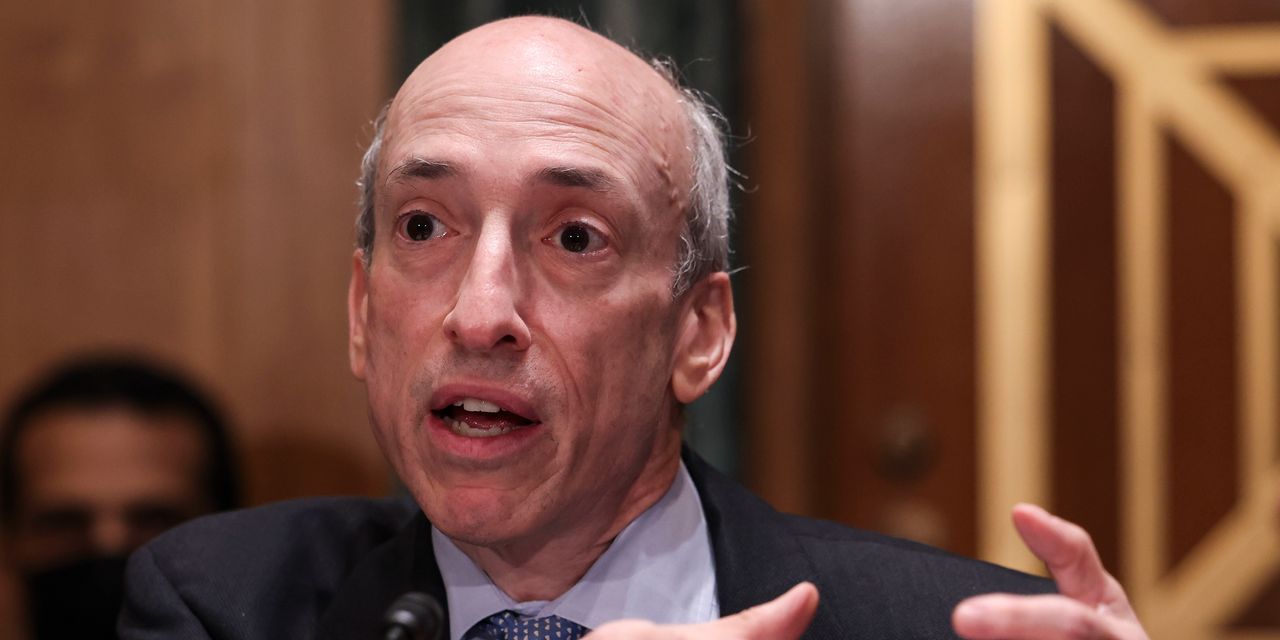
The Securities and Exchange Commission voted Monday to propose a new rule requiring public companies to report risks related to climate change and their own greenhouse gas emissions, in a move that puts the agency at the center of a debate over whether financial regulators have a role to play in protecting the U.S. economy from the effects of a warming planet.
The proposed rule would require public companies to disclose how climate-related risks will materially impact their businesses in the short or long term, how they plan to identify and manage climate risks and whether they have a transition plan in place to deal with climate change.
“Today, investors representing literally tens of trillions of dollars support climate-related disclosures because they recognize that climate risks can pose significant financial risks to companies and investors need reliable information about climate risks to make informed investment decisions,” SEC Chairman Gary Gensler said prior to the vote.
The SEC voted 3 to 1 to approve the rule proposal, with the Commission’s lone Republican, Hester Peirce, voting against the measure.
The new regulation would also require companies to disclose their direct or “Scope 1” greenhouse gas (GHG) emissions emitted from facilities or vehicles directly owned by the company. Additionally, companies will have to report GHG emissions that result from the purchase of electricity and other forms of energy, known as “Scope 2” emissions.
The most controversial aspect of the rule proposal relates to Scope 3 emissions, or greenhouse gases released by a company’s customers in their use of a company’s product and by a company’s suppliers in the process of creating inputs.
As proposed, the SEC’s rule would not require Scope 3 emissions disclosures unless the company has set a GHG emissions goal that includes Scope 3, or if Scope 3 emissions are “material” to the company’s financial performance. U.S. case law says that information is material if there is a substantial likelihood that a reasonable investor would think that information necessary when determining whether to buy or sell a security.
Companies will be required to have their Scope 1 and Scope 2 emissions verified by an independent authority with expertise in climate science, similar to how companies must have their financial statements audited by an independent accounting firm, though this “assurance” requirement would not apply to Scope 3 emissions, according to SEC officials. Furthermore, a “safe harbor” provision in the rule would limit company liability for Scope 3 disclosures.
If the SEC votes to propose the rule, the public will have at least 60 days to submit comments critiquing the proposal. The comment period will end either 60 days from Monday, or 30 days after the proposal is published in the Federal Register, whichever period is longer. The SEC will then amend the rule based on public input and hold a separate vote to put the rule into effect. Depending on a company’s size, the rules could take effect as soon as 2024.
Republicans have been quick to criticize the SEC for what they say is an expansion of its remit to achieve through regulations what climate activists haven’t achieved through regulation.
“Today’s action hijacks the democratic process and disrespects the limited scope of authority that Congress gave to the SEC,” Sen. Pat Toomey of Pennsylvania, the ranking Republican on the Senate Banking Committee, said in a Monday statement.
“This is a thinly-veiled effort to have unelected financial regulators set climate and energy policy for America,” he added. “Forcing publicly-traded companies to gather and report global warming data—almost none of which is material to the business’s finances—extends far beyond the SEC’s mission and expertise.”
The rule proposal comes just one week after Sarah Bloom Raskin was forced to withdraw her candidacy for a spot on the Federal Reserve after Republicans on the Senate Banking Committee boycotted her confirmation vote due to concerns over her past advocacy that the central bank should not extend emergency aid programs to fossil fuel companies.
Some government watchdogs argue that the rules don’t go far enough. “There are many positive aspects of the rule, such as prohibiting firms from using carbon offsets to make their greenhouse gas emissions look smaller than they are and requiring stringent auditing standards after a phrase-in period for scopes 1 and 2 emissions,” Todd Phillips, director of financial regulatory and corporate governance at the left-leaning Center for American Progress. “However, I am concerned in some aspects of the proposal, such as the safe harbor for disclosure of scope 3 emissions.”


